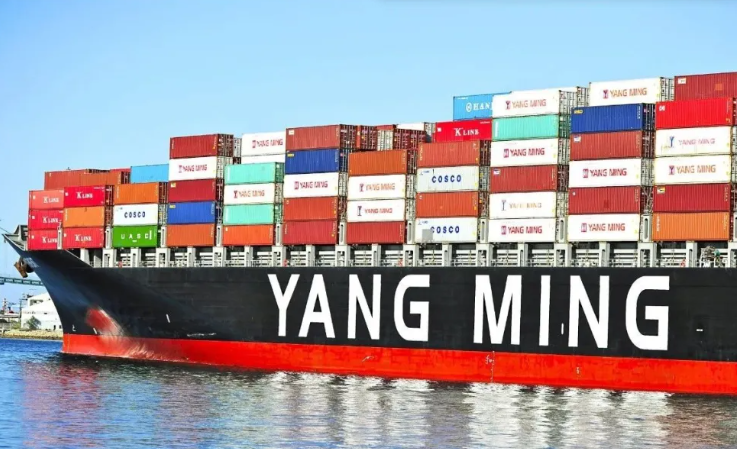Recently, Russian President Vladimir Putin signed a new decree requiring that any vessel entering Russian ports from abroad must obtain approval from the Federal Security Service (FSB).
The administrative order took immediate effect, marking a significant expansion of maritime controls. Until now, only ships entering ports near Russian naval bases were required to have FSB permission. Under the new regulation, all vessels "departing from foreign ports" must obtain authorization from an official representative of the Federal Security Service, coordinated by the ship’s captain.
Moscow has not provided an official explanation for the measure, but the decree cites constitutional provisions related to military conditions, likely referring to the martial law currently in effect in regions bordering Ukraine.
The announcement follows a series of unexplained explosions involving oil tankers engaged in trade with Russia. Some of these incidents occurred thousands of kilometers from the Russian coast. The most recent explosion happened earlier this month on the ammonia tanker Eco Wizard, operated by StealthGas, at the Ust-Luga energy terminal. The official description characterized the incident as a “minor leak,” which led to the evacuation of the vessel and temporary port closure. Inspections revealed a large hole in the hull with inwardly bent metal, fueling speculation of external attack.
Maritime security experts and Western intelligence agencies suspect that Ukraine may be escalating a covert sabotage campaign aimed at disrupting Russian oil exports.
Following the Eco Wizard incident, the oil tanker Koala experienced three explosions in Ust-Luga in February, and in June, the suezmax tanker Vilamoura, managed by TMS Tankers, suffered an explosion after docking at a Russian port.
The number of maritime explosions involving oil tankers connected to trade with Russia—including those outside the Baltic Sea region—has been increasing. The Ust-Luga incidents are part of this trend. In recent months, explosions on the tankers Seajewel and Seacharm, both managed by Thenamaris, occurred in the Mediterranean, as well as an explosion involving the Grace Ferrum near Libyan waters. Some experts suspect the use of limpet mines in these attacks.
In December 2024, the Russian general cargo vessel Ursa Major sank after an underwater explosion in the western Mediterranean. While official statements often downplay these events, local authorities and international observers increasingly view them as part of a coordinated campaign targeting Russian fossil fuel exports.
Last week, Russian state port operator FSUE Rosmorport announced a tender worth 3.16 billion rubles to inspect the underwater sections of vessels at key Baltic Sea ports, reflecting growing concerns over maritime sabotage.
Earlier this month, maritime security firm Ambrey noted that the recent series of explosions could trigger a review of war risk insurance premiums for vessels calling at Russian Baltic ports. Ambrey advised shipping companies to conduct asset screening for all charter parties and procurement, alongside dynamic risk assessments for voyage planning.

Last
Plastic Pellet Pollution Hits Sri Lankan Coast After MSC Elsa 3 Incident
At the end of May, the Liberia-flagged vessel MSC Elsa 3 capsized off the coast of India, triggering a wave of plastic pellet poll

Next
YANGMING Orders 7 LNG Dual-Fuel Container Ships! Major Step Forward in Fleet Optimization
As part of its ongoing fleet optimization plan, Yang Ming Marine Transport Corporation held its 404th Board of Directors meeting a
